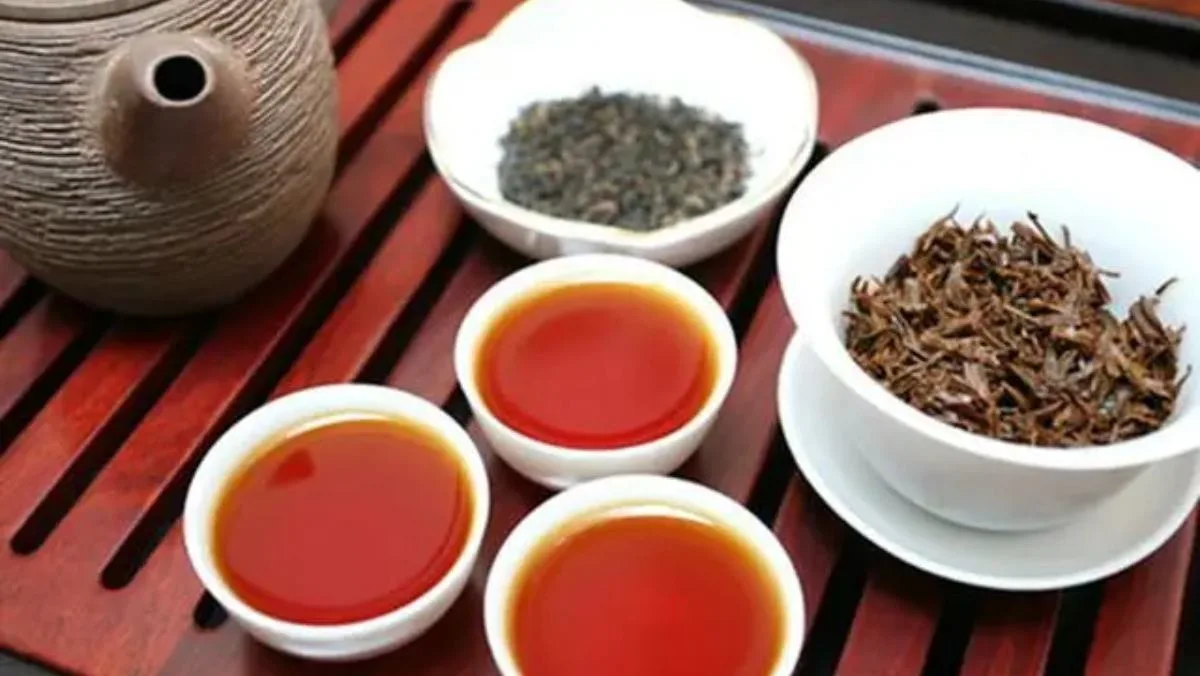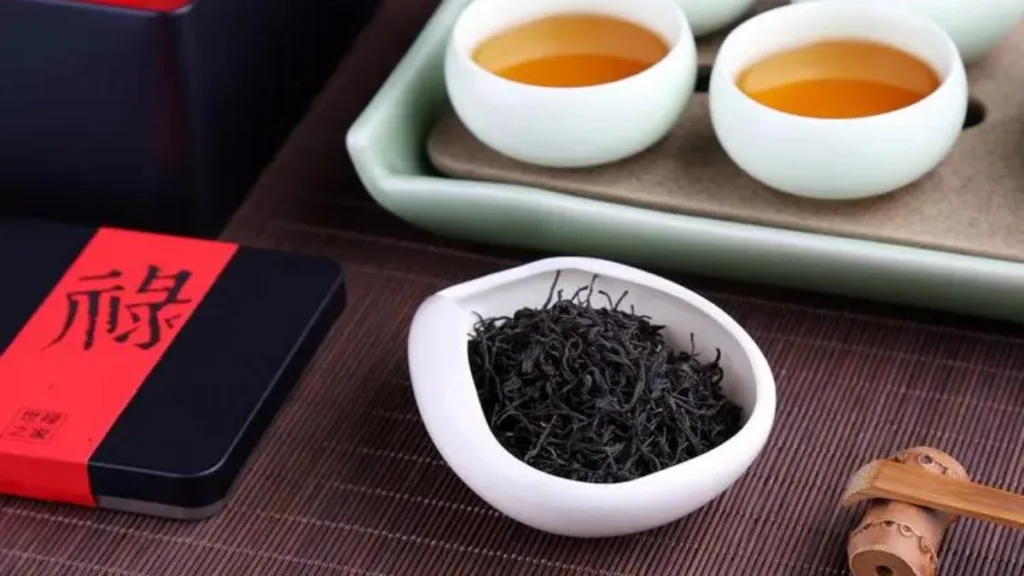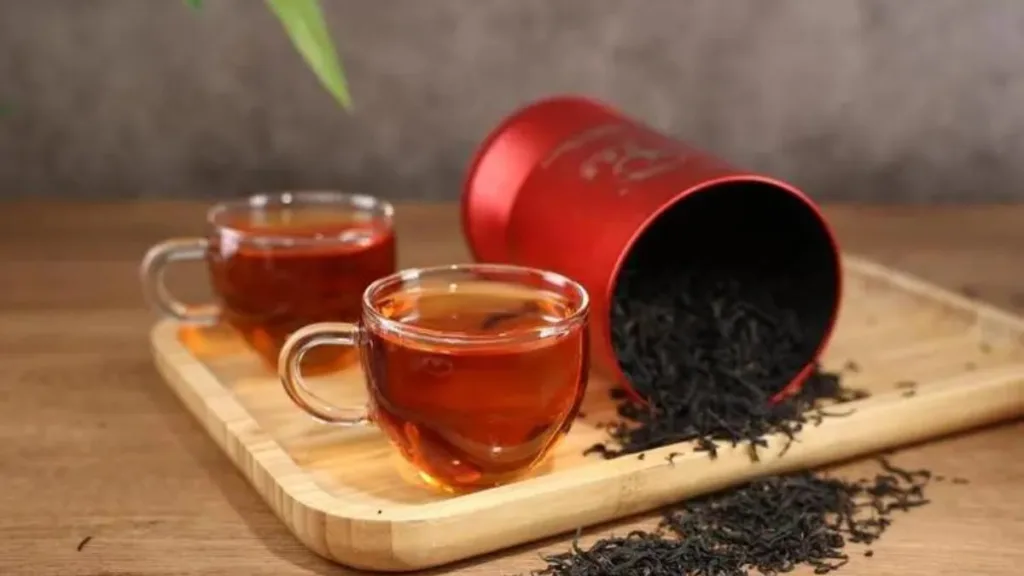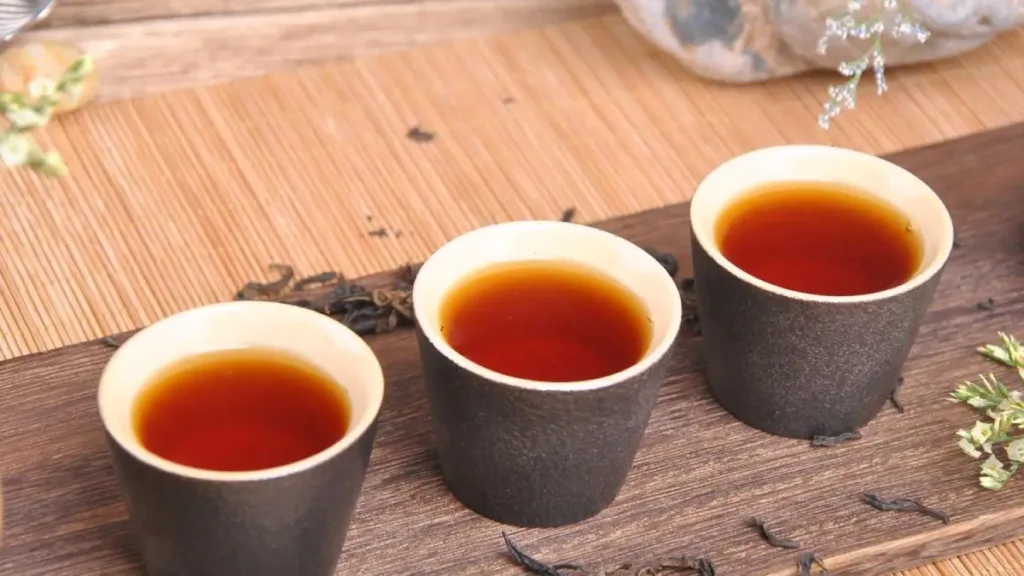In the world of tea enthusiasts and home-based milk tea creators, the choice of black tea plays a pivotal role in elevating the beverage to new heights. While many commercial milk tea shops often use black tea powder, the discerning at-home aficionado seeks a more nuanced and quality experience. This exploration dives into the various types of black tea suitable for milk tea, offering insights into the world of tea classification, regional preferences, and recommendations for creating a delicious cup of homemade milk tea.
Understanding Black Tea Varieties:
Before delving into the specifics, it’s essential to understand the classifications of black tea. Broadly, black tea can be categorized into three main types based on processing methods: small-leaf black tea, Gongfu black tea, and broken black tea. Authentic Hong Kong-style milk tea commonly utilizes broken black tea due to its finely cut particles, allowing for a rapid extraction of flavors, resulting in a rich and robust brew in a short amount of time.
For those seeking the best black tea for milk tea, Sri Lankan (Ceylon) Uva tea and Indian Assam tea are noteworthy choices. Sri Lankan Uva tea, known for its reddish-brown hue, produces a milk tea with a golden halo and subtle mint undertones, leaving a sweet aftertaste. Assam tea, with its deep red-brown infusion, imparts a caramel-like flavor to milk tea, creating a bold and flavorful cup with a lingering sweetness.
But do we have suitable black teas within China for crafting exceptional milk tea? Absolutely! Two standout options include Qimen black tea, known for its authentic flavor, and Dianhong (Yunnan red tea), renowned for its full-bodied richness. These Chinese black teas contribute unique profiles to milk tea, making them excellent choices for those eager to explore regional variations.
Recommended Black Teas for Milk Tea:
- Qimen Black Tea (Keemun): Renowned for its authentic taste, Qimen black tea is characterized by its mellow and rich flavor profile. When used in milk tea, it adds a distinctive depth and aroma, contributing to a well-balanced and delightful cup.
- Dianhong (Yunnan Red Tea): Known for its robust and full-bodied nature, Dianhong imparts a smooth and malty flavor to milk tea. Its bold characteristics make it an excellent choice for those who appreciate a strong and satisfying brew.
Brewing the Perfect Milk Tea:
Now that we’ve selected our black tea, let’s explore the steps to brew a delightful cup of milk tea at home:
- Brewing the Tea:
- Use 2-5 grams of black tea per 200ml of hot water.
- Steep the tea, strain out the leaves, and set aside the brewed tea.
- Heating the Milk:
- Heat 200ml of milk, preferably using pure cow’s milk, until it reaches a boiling point.
- Combining Tea and Milk:
- Pour the boiled milk into the prepared tea, stirring thoroughly to ensure a homogeneous blend.
- Customizing the Flavor:
- Adjust the sweetness according to personal preference. Add sugar or other sweeteners as desired.
- For a refreshing twist, consider adding lemon or ice cubes, especially during the summer months.
- Optional Additions:
- Experiment with additional toppings like pearl milk tea bubbles, coconut jelly, or sago pearls to enhance the texture and flavor.
Conclusion:
In the quest for the perfect cup of milk tea, the choice of black tea is paramount. By understanding the characteristics of different black teas and following a few simple steps, enthusiasts can craft a milk tea experience that surpasses commercial offerings. Whether opting for the rich flavors of Qimen or the bold notes of Dianhong, the world of black tea for milk tea creation is diverse and exciting, offering a delightful journey for tea connoisseurs and home-brewing enthusiasts alike.



